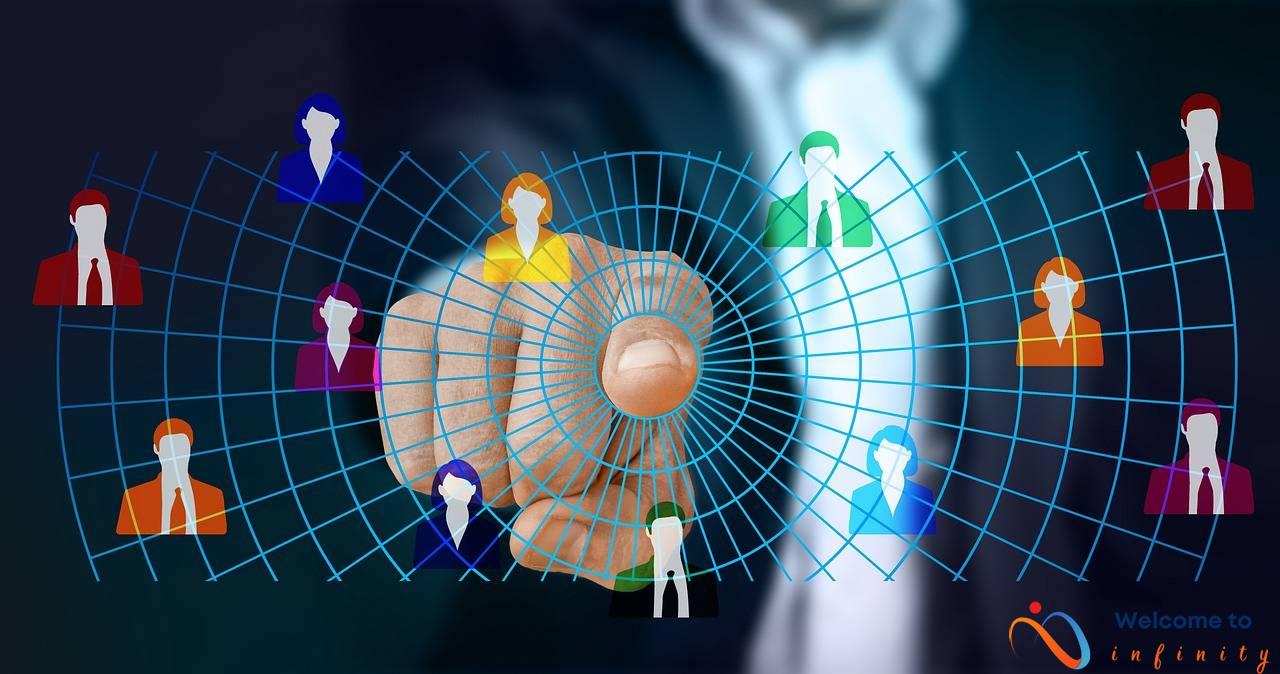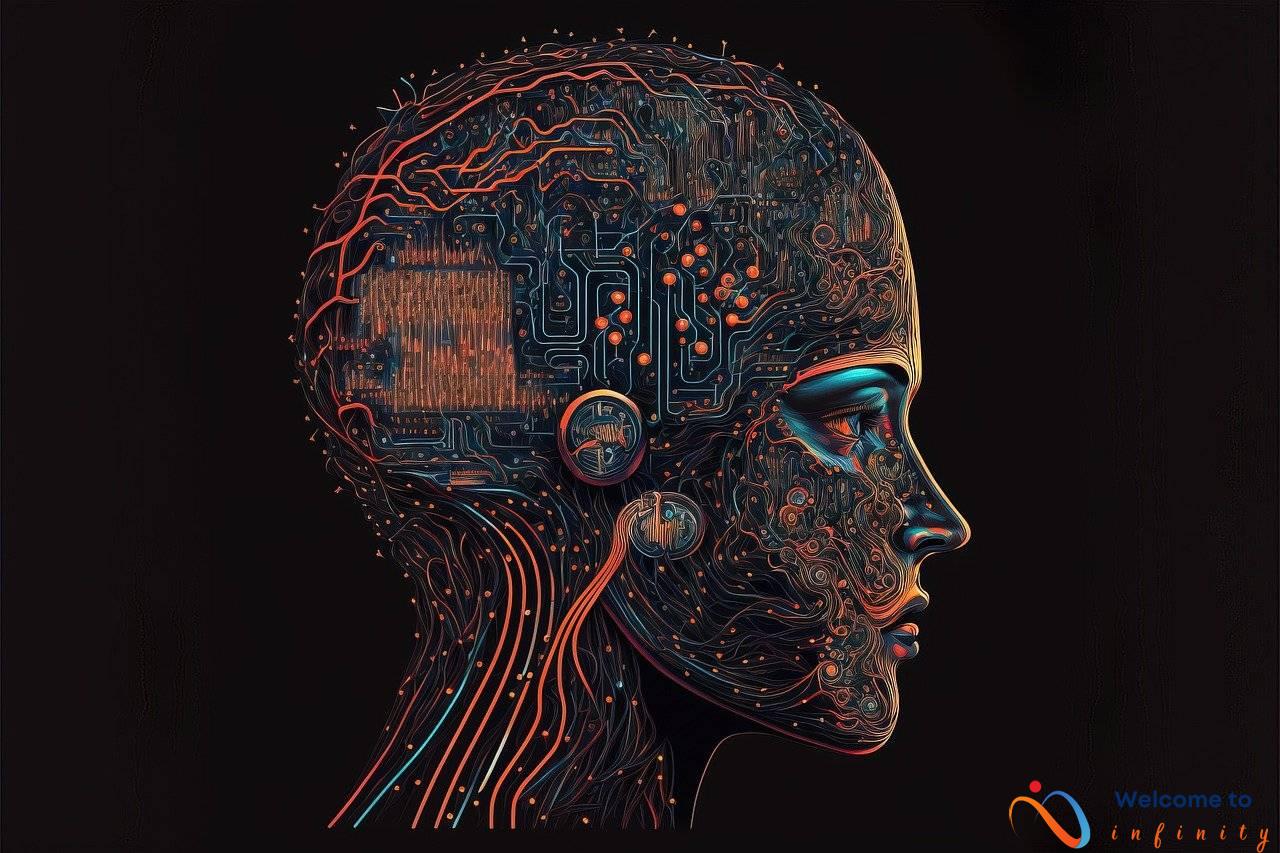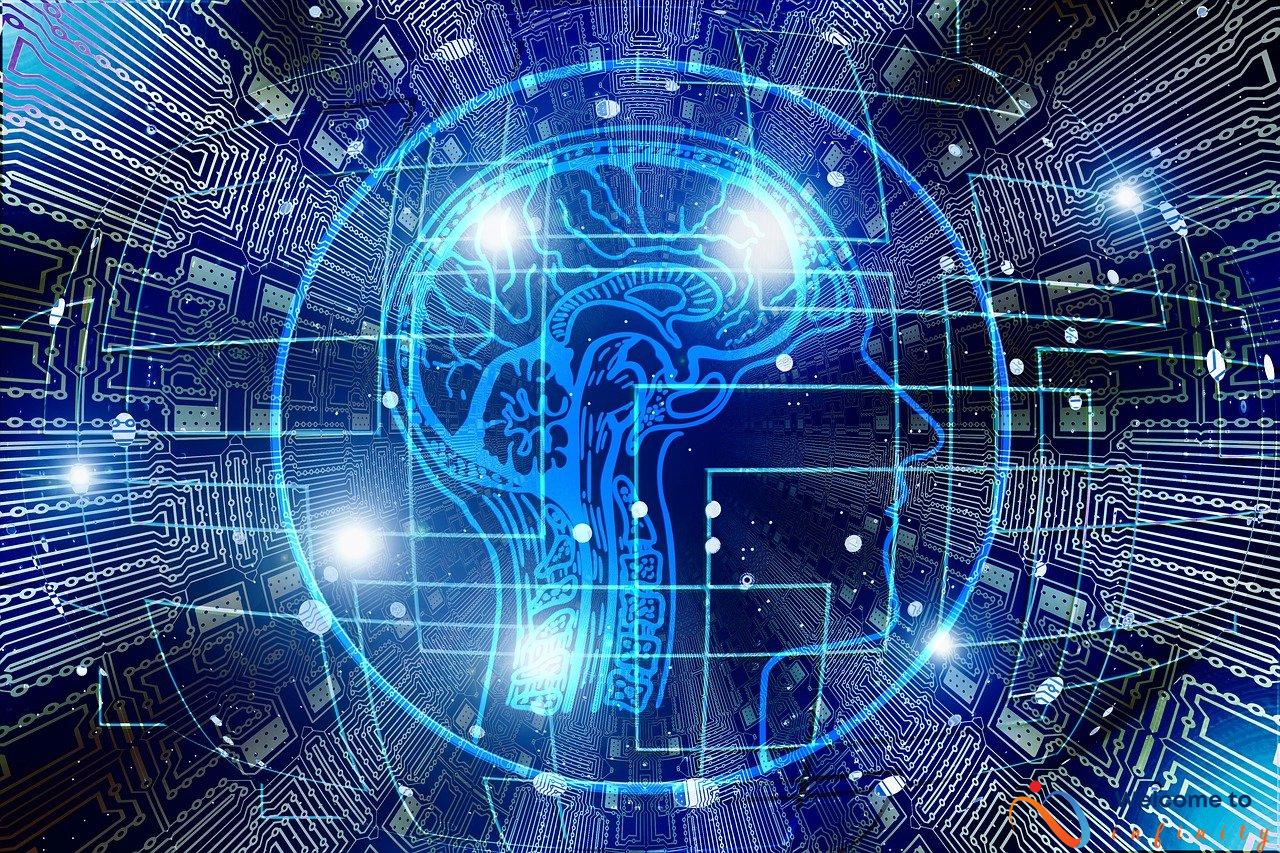Artificial Intelligence (AI) has evolved significantly, and with its rapid growth, concerns about privacy are on the rise. It is necessary to ensure that AI innovation does not violate data privacy. Organizations involved with AI must find the right balance between data protection and innovation.
The primary goal of data protection in AI is to ensure that personal data is utilized only for authorized purposes and that its confidentiality is preserved. AI technology can process vast amounts of data, but it must be used ethically and transparently. Data protection measures must be put in place to ensure the lawful use of AI and protect individuals from any harm that might occur.
AI technology holds great potential and serves as a boon for businesses. It can be used to gather insights from vast amounts of data, automate processes, improve efficiencies, and reduce costs. However, as with any new technology, AI holds many risks that require special attention to maintaining cybersecurity, privacy, and data protection. Thus, it is essential to find a balance between data privacy and innovation so that AI can be used efficiently, transparently, ethically, and responsibly.
The Importance of Data Protection in AI
AI technology has become a vital tool in performing various tasks that require immense data processing capabilities. Whether it's providing personalized recommendations to users, detecting fraud, or analyzing medical data, AI can work wonders given the correct set of data. However, with great power comes great responsibility.
Collecting and using data brings up concerns about privacy and data protection. AI must ensure that ethical practices are maintained while dealing with vast amounts of data, whether it's personal or sensitive information. Therefore, data privacy must be a crucial aspect of AI development to ensure its ethical use.
AI-powered data processing operates on a vast scale, allowing massive amounts of information to be transferred and stored. This information needs to be protected to prevent potential data breaches and privacy violations. Measures such as encryption, access controls, and secure data storage must be taken to ensure data is safeguarded throughout the entire data processing life cycle.
Moreover, data privacy laws such as GDPR and CCPA must be adhered to while processing data, ensuring that user data rights and personal privacy are respected. Through adherence to such initiatives and implementation of data protection measures in AI development, ethical use of AI can be promoted.
Innovative Solutions for AI Privacy
Artificial Intelligence (AI) technology has been a topic of discussion in many fields, including privacy concerns. While AI poses challenges in terms of privacy, it also has the potential to develop innovative solutions to data protection. Here are some cutting-edge technologies that aim to address AI's privacy issues.
Homomorphic encryption is a type of cryptography that enables data encryption during data utilization, not only during data transmission or storage. Homomorphic encryption guarantees that even the data controller cannot access the content of the data, while the data remains encrypted throughout the computation process. This feature allows AI to process data without compromising data privacy, making it ideal for industries that deal with sensitive data such as healthcare and finance.
Federated learning is a new machine learning paradigm that allows algorithms to be trained on distributed data sources without exchanging any raw data. This technology enables data privacy by ensuring that no central server has access to the raw data generated by the data contributors, making it suitable for industries that value data privacy. Federated learning guarantees privacy protection by generating local models from the raw data sources and later combining them into a single overall model.
Differential privacy is a privacy-preserving technology that involves adding random noise to data inputs, ensuring that no data record can be traced to a single individual. In AI, differential privacy protects individual privacy by limiting the amount of information that can be extracted from a data set. This technology seeks to maintain the accuracy of the data while ensuring privacy, making it ideal for industries such as marketing and social media.
The above-mentioned technologies are just a few examples of the various cutting-edge solutions AI has developed to maintain data privacy. As AI continues to evolve, more innovative solutions are expected to emerge to address the privacy issues associated with new AI applications.
Homomorphic Encryption
Homomorphic encryption ensures that data remains encrypted during data utilization, not only during data transmission or storage. Because of this feature, even the data controller cannot access the content of the data. This process, allowing computation on encrypted data without decryption, has a great effect on data privacy in AI technologies. Homomorphic encryption allows secure computation of the data without decrypting data until required. The two most prevalent algorithms in homomorphic encryption are the Gentry-FV and Brakerski-Gentry-Vaikuntanathan (BGV) algorithms.
The Gentry-FV algorithm is the faster of the two and is practicable in real-life scenarios. The BGV algorithm, on the other hand, is slower yet has several features that the former lacks. Though the functionalities of homomorphic encryption are advanced, current homomorphic encryption implementations are not suitable for every application due to their high computation cost. However, recent advancements in this field have opened doors to new possibilities in data privacy and security in AI-driven technologies.
- Homomorphic encryption allows encrypted computation without decryption.
- The Gentry-FV algorithm is faster, whereas the BGV algorithm has more functions.
- Current implementations of homomorphic encryption are computationally expensive.
- Advancements in homomorphic encryption can bring new privacy and security possibilities to AI technologies.
Federated Learning
As AI technology continues to advance, data privacy issues will only become more prevalent. Federated learning is an innovative solution that enables algorithms to be trained on distributed data without exchanging data between the data owners. This new computing technology is a cutting-edge way to ensure privacy protection during data collection and analysis operations.
Federated learning uses distributed datasets to train algorithms, rather than collecting all the data in a central location. This reduces the risk of data breaches and privacy violations, as the data never leaves the owner's control and remains encrypted throughout the process. This method of training also reduces the computational power required for data analysis and supports decentralization.
Federated learning has been applied in various industries such as healthcare, finance, and transportation. For instance, hospitals can use federated learning to train models on patient data without disclosing the data to other healthcare providers. This preserves patient privacy and reduces the risk of legal issues. Federated learning also enables banks to exchange customer data for fraud detection purposes without risking personal data exposure.
Federated learning is just one of the many innovative solutions to ensure privacy protection in AI-powered data collection and analysis. As technology evolves, more effective privacy protection technologies are being developed, and it is crucial to keep up with them to safeguard personal data.
AI's Role in Data Collection and Analysis
Artificial intelligence (AI) is revolutionizing data collection and analysis. AI technology has the capability to collect, analyze, and derive valuable conclusions from vast amounts of data. With its prowess in data processing, AI is a crucial tool in various fields, including healthcare, finance, and transportation.
AI's role in data collection is vital as it can collect data faster and more efficiently than human resources. Through its advanced algorithms, AI can analyze structured and unstructured data from various sources such as social media, sensors, and wearable devices, enabling it to provide insights on consumer behavior, market trends, and business operations that humans could miss.
Moreover, AI-powered data analysis can identify patterns and anomalies that might be too complex for humans to decipher. For instance, in healthcare, AI can analyze millions of medical records to identify biomarkers, leading to better diagnosis and prediction of diseases such as cancer and Alzheimer's.
AI is also transforming data analysis by eliminating data silos and allowing data owners to share their data without compromising privacy. In finance, for instance, analysis of a customer's credit score, trading history, and personal data can provide insights to financial institutions for tailored borrowing services without jeopardizing their privacy.
Overall, AI is a powerful tool in data collection and analysis, providing valuable insights into various industries. However, the potential risks of AI must be solved to ensure ethical use of the technology.
Potential Risks of AI in Data Collection and Analysis
AI's capability to collect and analyze vast amounts of data is advantageous, but it also poses risks that must not be overlooked. One of the major risks that the technology brings is data breaches, which can occur if hackers gain access to sensitive data.
Moreover, AI systems are vulnerable to privacy violations, as they can collect personal information without the consent of individuals. Sophisticated algorithms and machine learning models used in AI can gather data that individuals may not willingly share, and this puts their personal privacy at risk.
Another risk associated with AI pertains to the potential for errors in data analysis. Since AI system's decisions are based on algorithms and data they have previously analyzed, if that data is biased, the same bias can hamper its decision-making ability. This could lead to inaccurate and biased decisions, affecting businesses, governments, and individuals.
AI can also raise concerns in terms of employment and job security, especially in industries where technology can replace human workers in data collection and analysis. While AI automation can help businesses save money and time, it can lead to job losses and may negatively impact employment opportunities for some individuals.
Data Protection Measures in AI Data Collection and Analysis
As AI is becoming more prevalent in data collection and analysis operations, it is critical to implement robust data protection measures. The following measures can be taken to ensure data privacy in AI-powered data collection and analysis:
- Data Anonymization: This technique involves removing any personally identifiable information from collected data, making it impossible to trace it back to a specific individual. By doing so, it reduces the risk of data breaches and privacy violations.
- Access Control: By applying access controls, only authorized personnel can access sensitive data. This measure ensures that data is only accessible to authorized personnel and keeps sensitive data safe from unauthorized access or use.
- Data Encryption: This method involves converting data into a code that can only be read by authorized users with the right decryption key. By encrypting data, it becomes much harder for attackers to steal sensitive information without the key.
- Regular Audits: Organizations must conduct regular audits or assessments to identify and address any potential vulnerabilities in the AI system, increasing the chances of detecting and addressing data breaches or privacy violations early on.
- Secure Data transfer: When transferring data, it is essential to use secure channels to prevent data interception or theft. This measure involves using encryption and other security protocols when transferring data.
By implementing these data protection measures, organizations can securely utilize AI-powered data collection and analysis operations while safeguarding sensitive data from potential threats.












